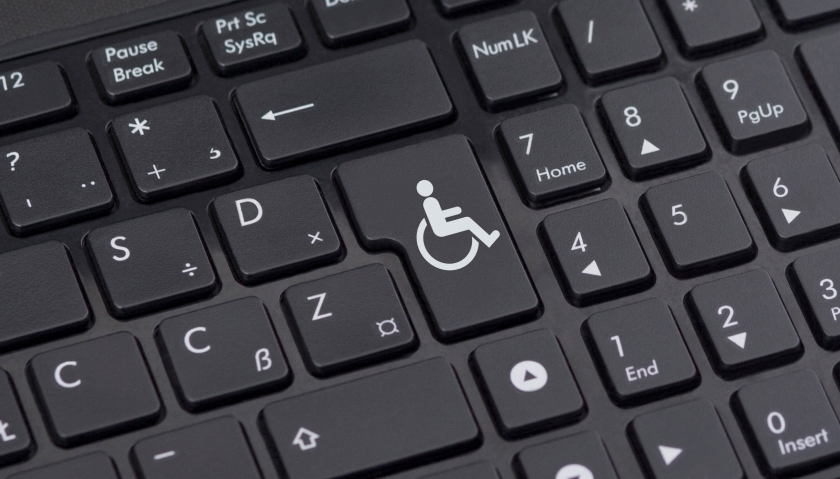Guest Blogger: Daniel Vanover
Q.What is your name?
A. My name is Daniel Vanover
Q. Tell us what type of disability impacts your life or the life of a loved one.
A. During my time in the military, I had a traumatic brain injury that nearly claimed my life. After being medically discharged, I had continued affects that would follow me for the rest of my life, called post concussive syndrome. Things such as headaches, dizziness, fatigue, and memory loss had become my everyday routine. Not only did it affect my life and well-being, but it also affected my family’s life. Four years later, I suddenly found myself in a similar situation that nearly took my life, again. While working on the wall in my backyard, the top brick that I had been on suddenly cracked, launching me downwards onto the concrete. As I am sinking farther and farther down to Earth, I notice that I was falling backwards and my body did anything it could to keep from falling and hitting my head. I managed to get my hands down before striking the concrete, thus fracturing both of my wrists and breaking off pieces of small bones in my left hand that then sliced and severed every major nerve that runs to my hand. As I lay with both of my wrists fractured, I try and stand up but notice immediately that I had fractured my back also.
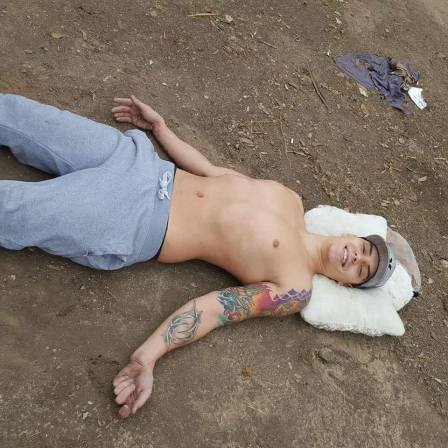
Q. Tell us about a time when you felt empowered.
A. When I was in the military, I loved it. It had been my dream since I was a small boy to travel the world and experience things that people couldn’t imagine. When I put on my uniform every morning, I felt I had a purpose. My job was to protect those who were unable to protect themselves and I felt that I had finally found my place in this world. That was, until my accident happened. Because of the secret things we do, I am unable to go in to detail about what happened, but I knew when I woke up in the hospital that my life would change forever. When I got the news that I was unable to do my job because of the injury, my heart sunk. I felt lost. I felt that everything I did in life was to get me into the military and now that I had to leave, I didn’t know what else I could do. The military was my life and it was the only thing I had ever known and to leave that was completely devastating. The moment I left, I was on my death bed. I weighed under 130 pounds and was vomiting every morning, unable to eat due to the intense migraine pain and blurry vision that made my head feel like it was in a blender. I was hopeless and without anyone to help me, I felt completely lost. It was not until one day when I told myself, no more. I would not live my life like this or accept my fate. I started to exercise more, eat better, and started to self-medicate to double check everything that I had been putting into my body. I wanted to change my life and knew that no one would do it for me and if I wanted a change, it had to come from me. This is the first time I had really ever had to make a change because my life depended on it. I was able to overcome my disabilities and become a strong, smart, dedicated and successful man that I had been years before in the military. That was until life decided to test me again on December 19, 2016. Nothing could prepare me for what was about to happen. I fell 12 feet down from a brick wall that I had been working on and one of the bricks cracked and launched me to what seemed to be my death. Seconds seemed like hours and minutes seemed even longer. As I lay there screaming for help, no one comes. I reach in my pockets to grab my phone to call for help and find that the bones in my wrists have been severed and dangling as if I was a Marionette. As I start to feel myself fade in and out of consciousness, I look over to see these two young men hop over the fence and rush to my aid. I was so surprised that someone had found me that I started to smile and laugh. At this point, these guys think I am literally insane, but I couldn’t help it. My screams for help had finally been heard, 20 minutes later in fact. As I am rushed to the trauma center of the ER, I am surrounded by doctors and nurses who are frantically trying to piece me together and I smile and greet each doctor as they are frantically trying to keep me from going into shock. The doctor sees me and asks why I am smiling. I simply say, “I thought I was dead, I had given up after about 10 minutes of continuous screaming with to no avail and accepted my fate. Everything now is just a blessing.” Four months, three surgeries, two plates, and 14 pins later, I was able to finish my physical rehabilitation and decided to dedicate my life to helping others who seem to scream and shout for help but no one hears. I was very lucky to not be paralyzed or even die because of how far and how hard I fell. I was fortunate enough to be able to have doctors basically put me back together in one piece and not being permanently handicapped or even dead was a miracle. I felt that from that day forward, I was given not a second chance, but a third. And I would use that third chance at life to help others who don’t have a voice and who continue to scream without a hero to come and save their life, just like one did for me.

Q. Tell us if you could change one thing that all public spaces had to change to make life easier what would it be and why?
A. One thing that I wish I could change would be the public mindset of people with disabilities and to just follow the rules and regulations that are established from the ADA. These rules are not made for fun, they are made so that others with disabilities can have a great life and do everything that normal people can, we just need more help. Little things such as parking spaces, extended opening doors, and ramps for us to get in to an establishment easier may seem like small things to some, but to us these things are the key for us to be successful.
Q. Tell us one thing you want people to understand about living with a disability, or being a caregiver for someone with a disability?
A. One thing I would like for people to understand about living with a disability is that patience is key. My accident happened within a span of 10 seconds and I was on the ground with a broken body that would take a lifetime to heal. Before my injury, I was a very strong bodybuilder. I went to the gym every day and was training for my first competition during the times of the fall. Months after, I am unable to lift as much as before and still can barely move my left wrist without pain. My life will be forever changed from a small 10 second incident. As of today, I take my time moving around, getting my things together, using the restroom, and even sometimes I am unable to work for the entire day because my body just can’t handle it. All that I would like people to take away from others suffering with disabilities is to please, just give us your patience, not your pity.
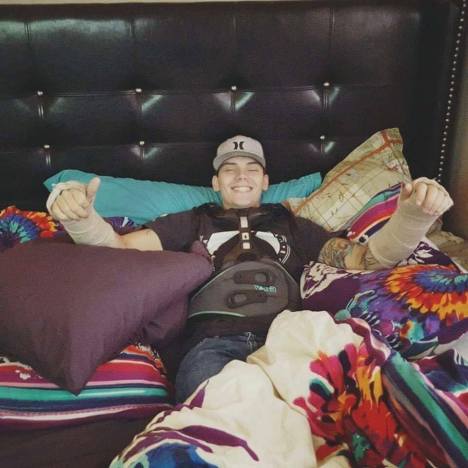
Q. Tell us what can society do today to stop discrimination against those with disabilities?
A. One thing society can do to stop discrimination against those with disabilities is to get educated about people with disabilities. If you were to just stop and ask someone how they are feeling and what could help them or what would make life easier for them, we would all be in agreeance that we don’t want to ask for anything more than what we need to have to be normal. We are just like every other person but we just need time and patience to work with. We have been unlucky in life with what happened to us, but we don’t want to be counted out, we just want a fair shot at the world again. That’s why it is so important for organizations like AID.org that go and make sure the world is fair and equal for people with disabilities because they are the voice that they cannot or do not have.
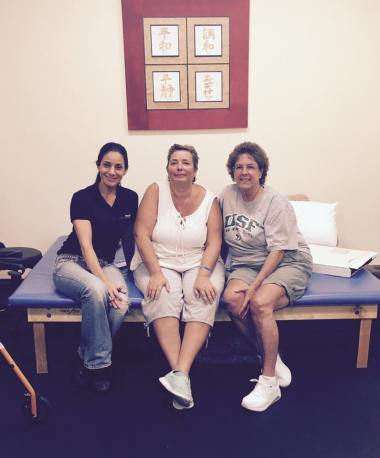
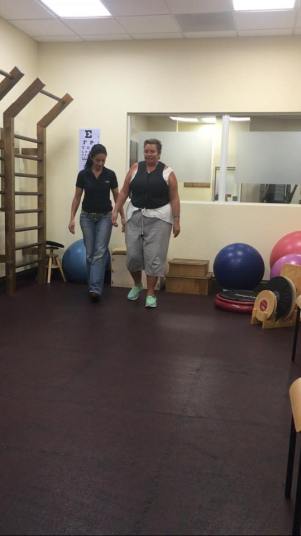
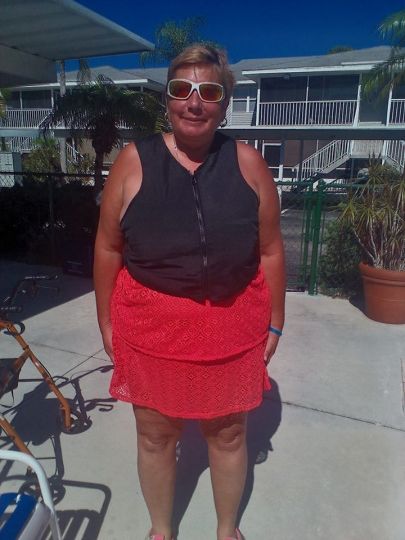
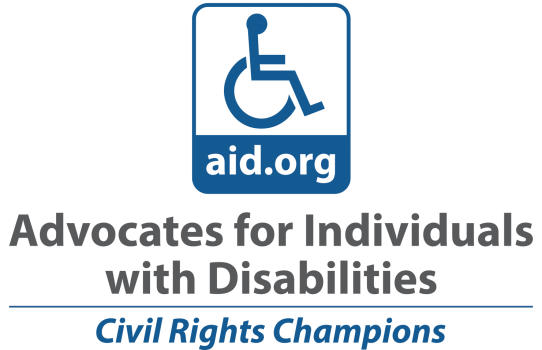




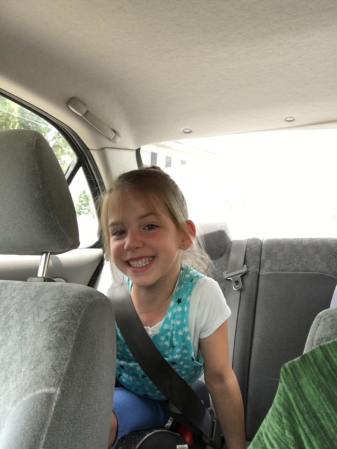
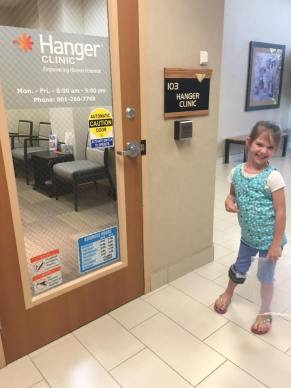
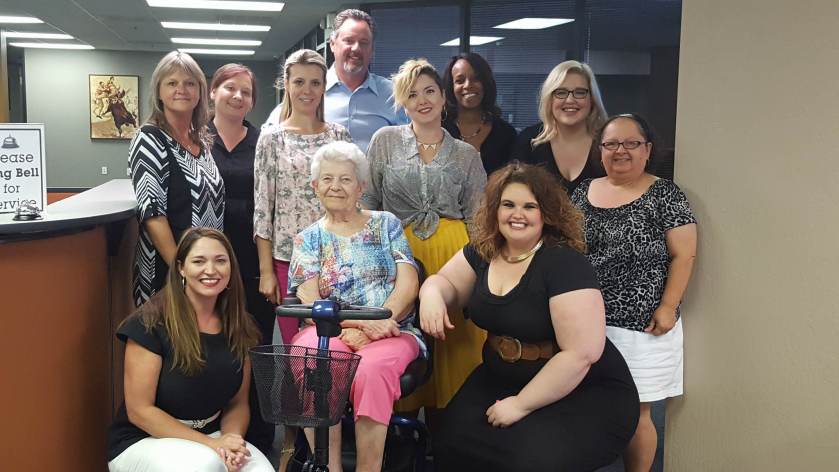 Guest Blogger: Stephanie Wilderman
Guest Blogger: Stephanie Wilderman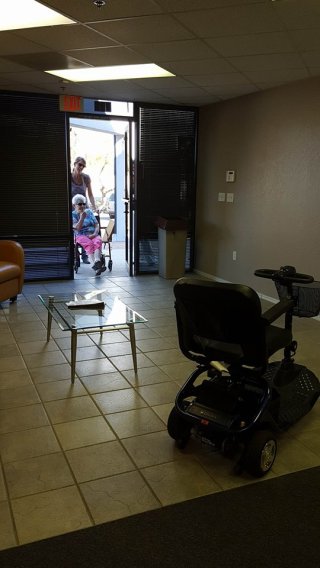
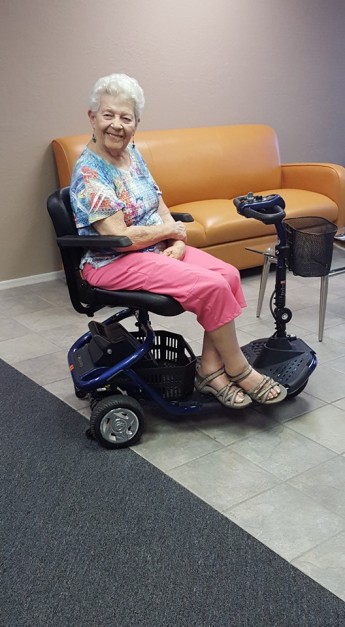
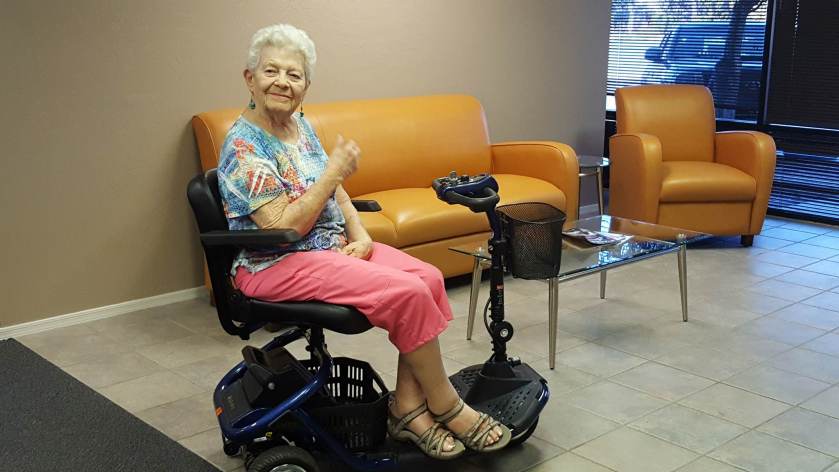
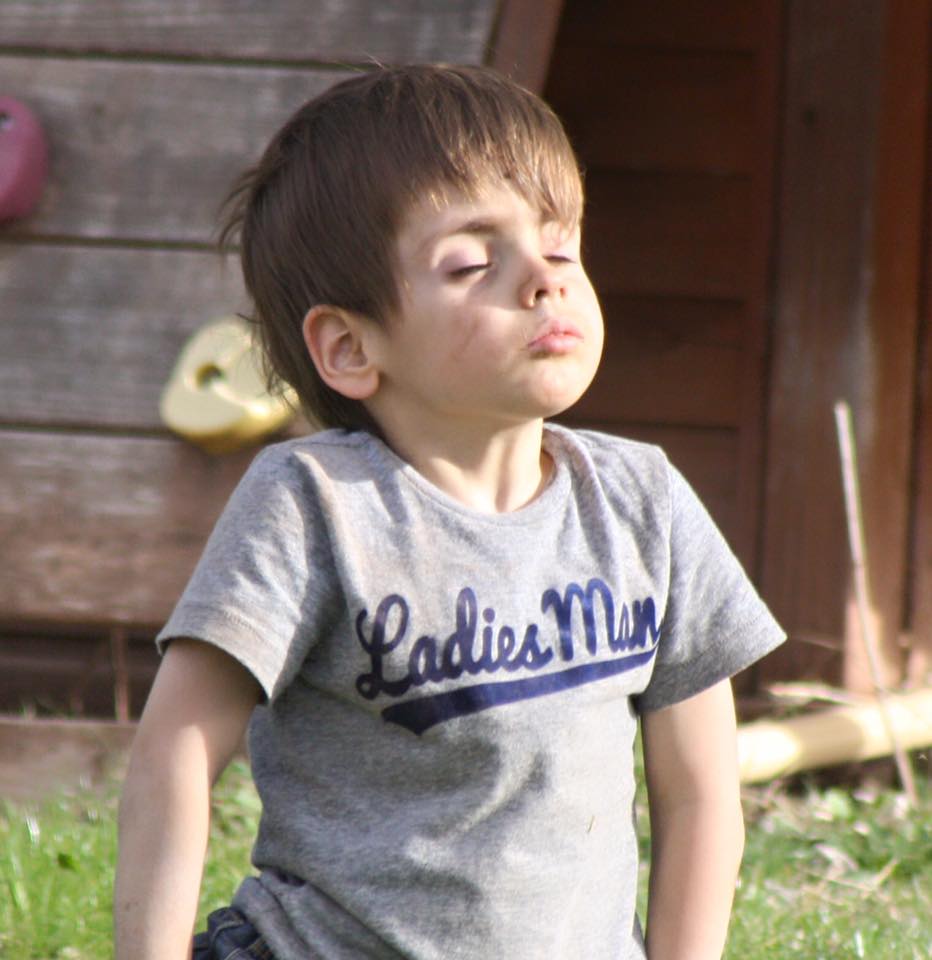
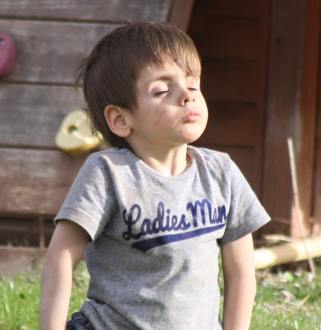
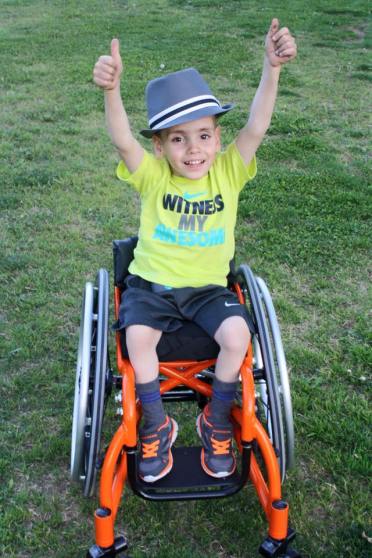
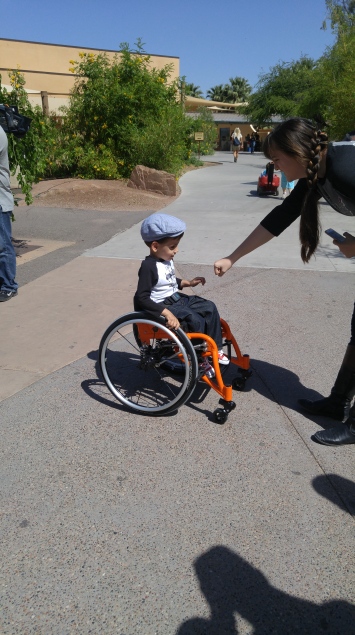
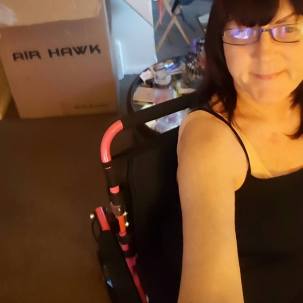 ll us what type of disability impacts your life.
ll us what type of disability impacts your life.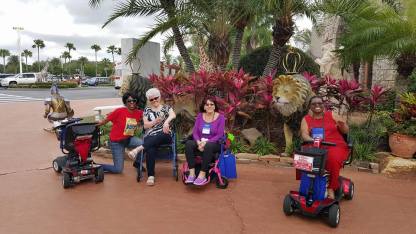
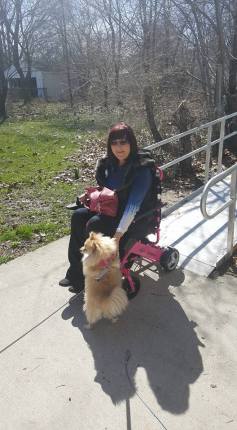
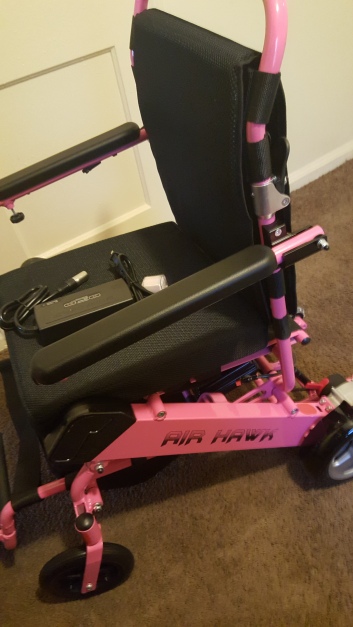
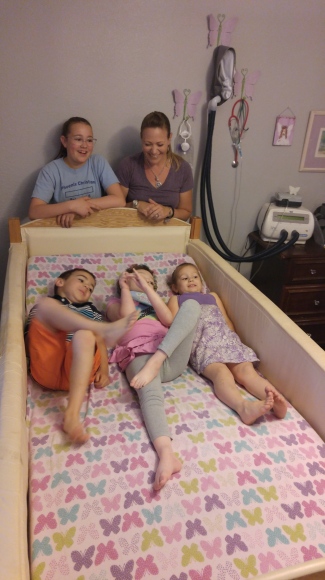 degrees in Spina Bifida and Hydrocephalous.
degrees in Spina Bifida and Hydrocephalous.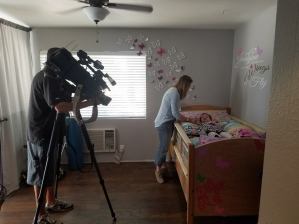
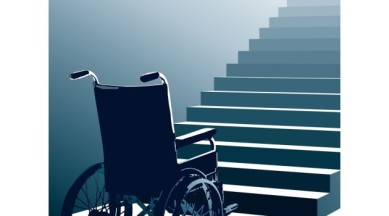 For 25 years, a quarter of a century, Americans with Disabilities Act, a bipartisan federal regulation has been scolding businesses and public accommodations to stop discriminating against the largest minority in the country.
For 25 years, a quarter of a century, Americans with Disabilities Act, a bipartisan federal regulation has been scolding businesses and public accommodations to stop discriminating against the largest minority in the country.